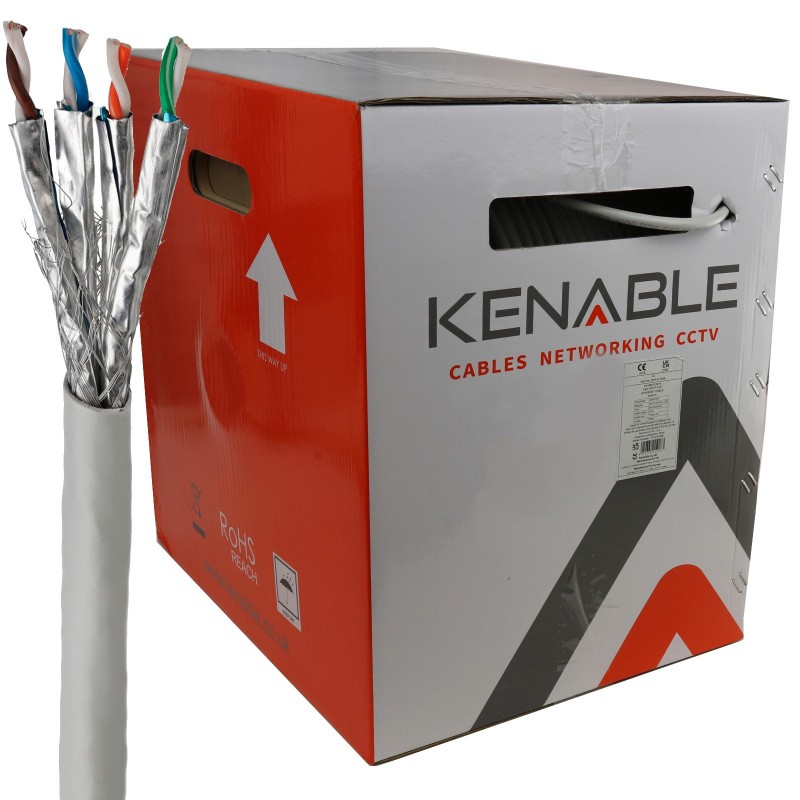Hi everyone, my home is getting a full rewire end of Feb, I want ether cable ran to bedrooms from router in living room.
The plan is to run 2 cables from living room up into loft into a tp link 8 gigabit network switch, and then 2 cables down from that into each room.
2 should do as only for tv and pc.
I will fit the proper plugs in rooms then wires from tv into plug,but in the loft side you think I should just have wires straight into switch or should I have more plugs and then wires from switch into plugs ?
I am thinking just wires on the loft side straight into switch no need for a plug .
Also I need a link or advice on the best cable , I am aware that solid wires are better non copper coated alloy, no idea on how much I will need.
Any advice or anyone that's done something similar and willimg.to give a bit advice welcome , electrician said if I get the cable he will run in no problem.
Thanks dean
The plan is to run 2 cables from living room up into loft into a tp link 8 gigabit network switch, and then 2 cables down from that into each room.
2 should do as only for tv and pc.
I will fit the proper plugs in rooms then wires from tv into plug,but in the loft side you think I should just have wires straight into switch or should I have more plugs and then wires from switch into plugs ?
I am thinking just wires on the loft side straight into switch no need for a plug .
Also I need a link or advice on the best cable , I am aware that solid wires are better non copper coated alloy, no idea on how much I will need.
Any advice or anyone that's done something similar and willimg.to give a bit advice welcome , electrician said if I get the cable he will run in no problem.
Thanks dean



